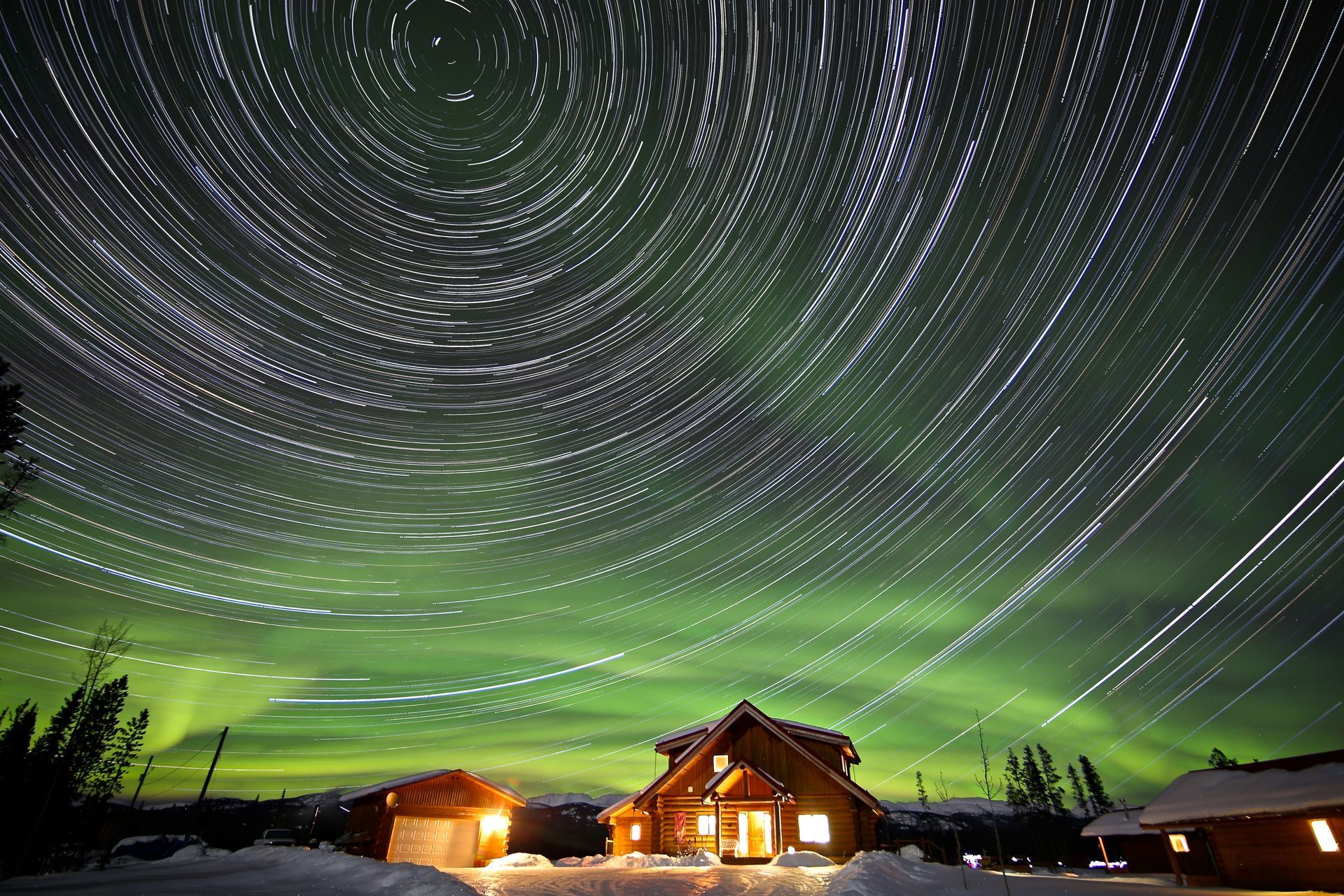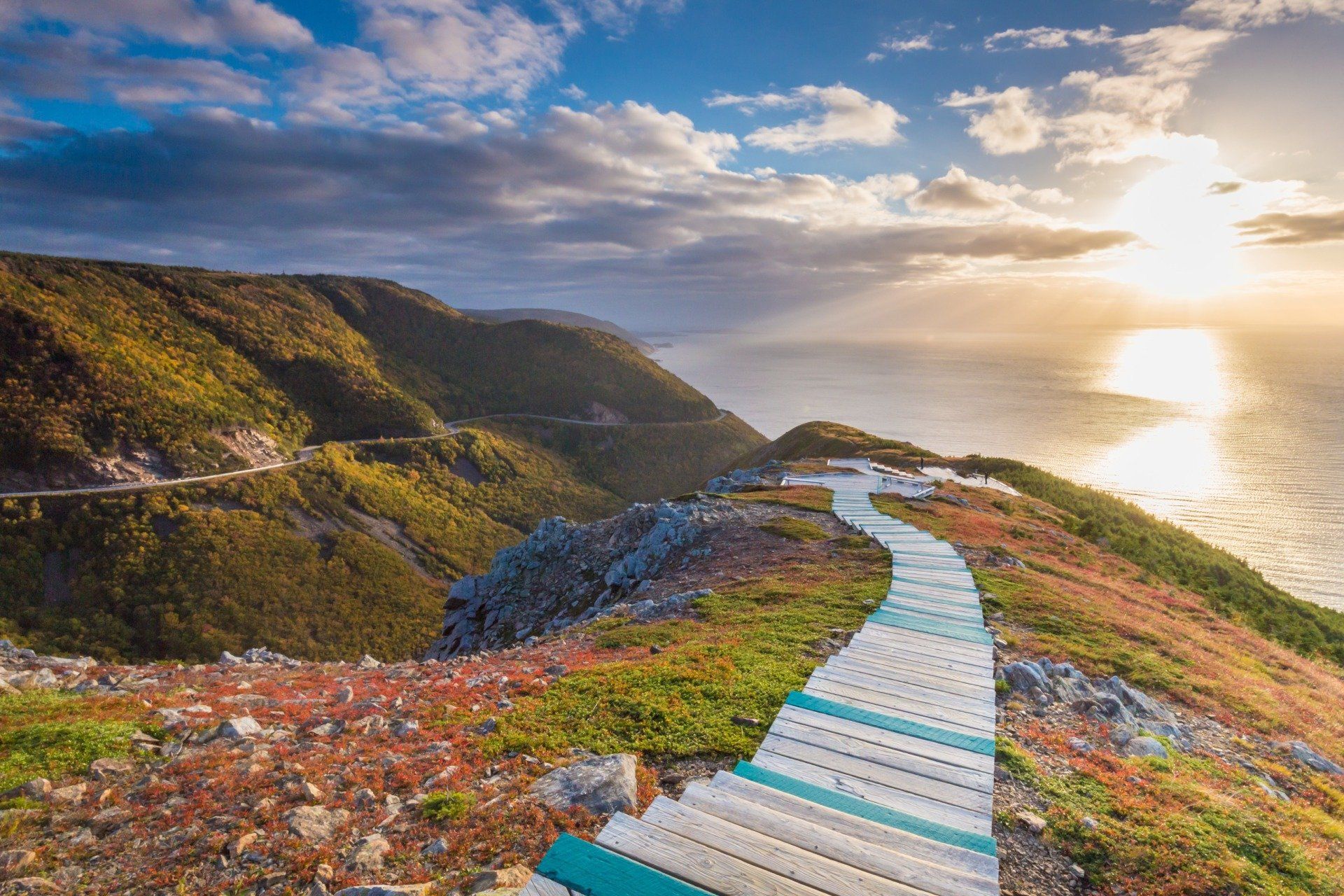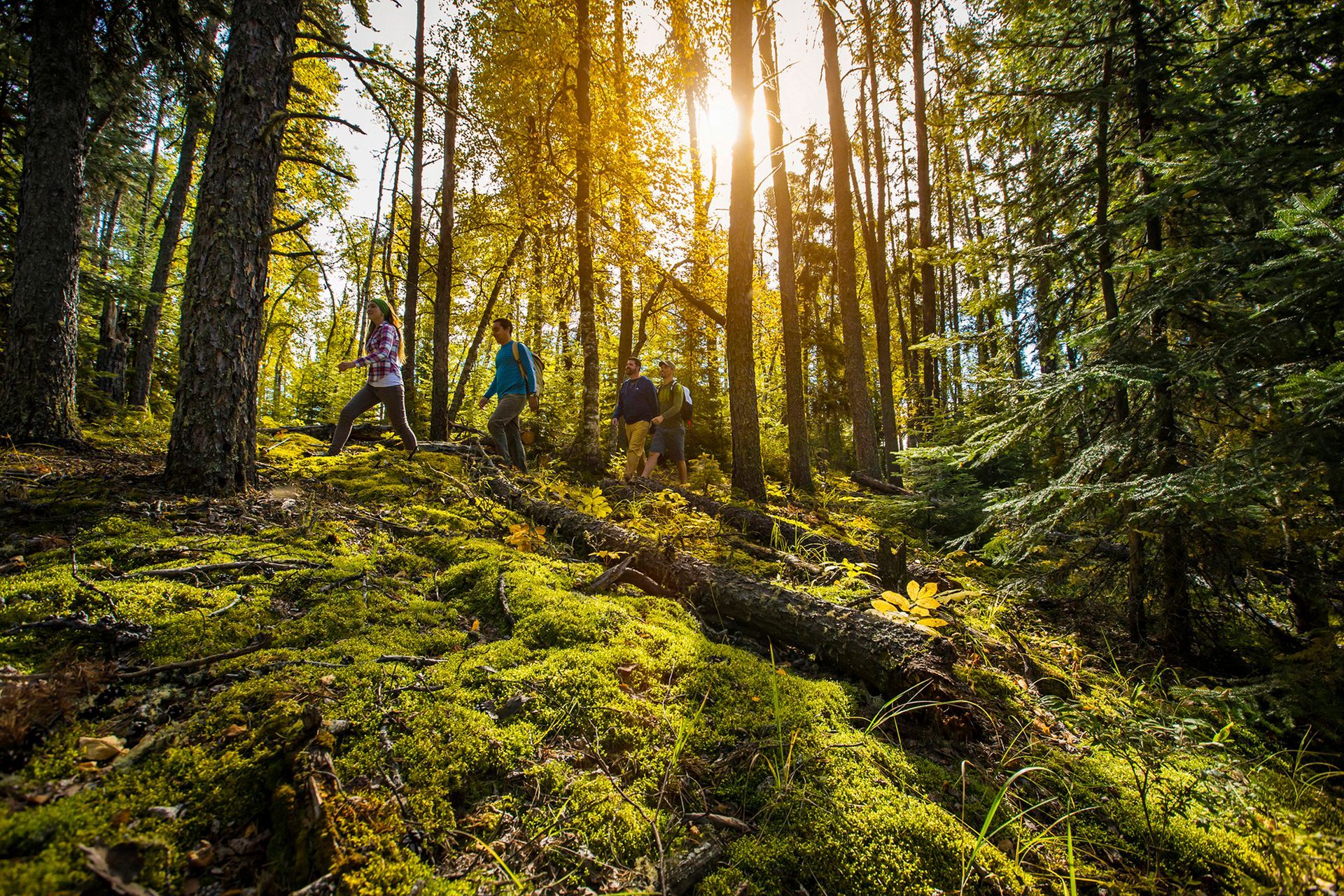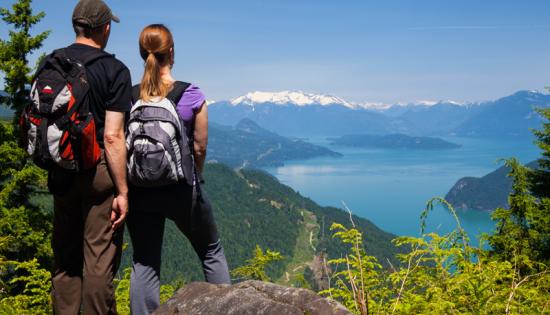Canada As You Like It Blog
National Parks of Atlantic Canada
Atlantic Canada is the closest Canadian destination to the UK, with only 5-6 hours flying time. Whilst there, head to the great outdoors and explore some of the region’s national parks. Here’s a roundup of the ones that you can find in this region.

1. Kouchibouguac National Park, New Brunswick
Kouchibouguac, which means ‘river of the long tides, was named by the First Nations Mi’kmaq people. This park, which stretches along the Acadian Coastal Drive on New Brunswick’s east coast, is made up of salt marches, barrier islands, Acadian forest, bogs, sheltered lagoons, tidal river, freshwater systems and miles of white sand dunes. There’s a host of activities on offer including canoeing, swimming, whale watching, seal spotting, cross-country skiing, snowshoeing, tobogganing, biking and hiking.

2. Kejimkujik National Park & Historic Site, Nova Scotia
Set within the UNESCO Southwest Nova Biosphere is the largest inland national park in Atlantic Canada which is known for its island-dotted lakes, forests, round glacial hills and incredible wildlife including white-tailed deer, black bears, bobcats, beavers, owls and loons. Activities abound including star-gazin, fishing, canoeing, boating, kayaking, and swimming.as well as hiking, biking, cross-country skiing, snowshoeing.

3. Terra Nova National Park, Newfoundland & Labrador
In Canada’s easternmost national park you’ll find exciting waters for canoeing and sea kayaking, trails for hiking, golf courses and wildlife encounters including the Terra Nova Moose and black bear. Set along Bonavista Bay with views of the Atlantic ocean, the area includes hilly woods, fjords lakes and rocky cliffs.

4. Torngat Mountains National Park, Newfoundland & Labrador
This remote and stunning wilderness stretches from Saglek Fjord to the northern tip of Labrador Taking its name from the Inuktitut word Tongait (meaning “place of spirits”), it’s reached only by charter plane or boat from Goose Bay, Nain or Kangiqsualujjuaq and best explored with one of the local Inuit people. Keep your eyes peeled for the majestic polar bear, hike the wildflower-cloaked tundra and marvel at the vast barren mountains that rise thousands of feet from the Atlantic Ocean.

5. Prince Edward Island National Park, Prince Edward Island
Stunning beaches with pristine white sand, wind-sculpted dunes, sand pits, and barrier islands can be found at the province’s only national park - a stunning landscape that extends for 40 kilometres along the Gulf of St Lawrence shore. Visit the house that inspired Lucy Maud Montgomery’s Anne of Green Gables , take the Homestead Trail, visit farms and fishing communities and hike or bike as you look for wildlife and birdlife.

6. Cape Breton Highlands National Park, Nova Scotia
Cape Breton is known for the scenic 185 mile long Cabot Trail (see self drive here) where visitors can spot moose, black bears, coyote, endangered Canada lynx, and bald eagles. Explore the incredible cliffs, hike the Highlands Plateau and the French, North and Mackenzie mountains or cycle, fish, kayak, canoe, swim and golf this stunning playground.

7. Gros Morne National Park, Newfoundland & Labrador
The second-largest national park in Atlantic Canada and a UNESCO-listed World Heritage Site, part of the Lone Range Mountains stretches over 1,805 square kilometres of Western Newfoundland. The incredible scenery such as alpine plateau, coastal lowlands, glacial valleys, sheer cliffs, waterfalls, pristine lakes, and freshwater fjords is a feast for the eyes. See the 5,000 moose that call this place home, visit small fishing villages that dot the shoreline, and enjoy camping, cycling, hiking, and boating. Cruise through the billion-year-old Western Brook Pond Fjord to see huge waterfalls (including the 1,150-foot Pissing Mare Falls) and the cliffside sculpture known as The Tin Man .

8. Fundy National Park, New Brunswick
Discover the richness of the Acadian forest and learn the secrets of the Bay of Fundy, home to the highest tides in the world. Hike mountains and valleys, past sparkling waterfalls and crystal-clear streams. Look for flora and fauna, including the rare bird’s-eye primrose, found only in Fundy National Park. Row out on beautiful Bennett Lake in a canoe or kayak or simply take a stroll along the beach.










